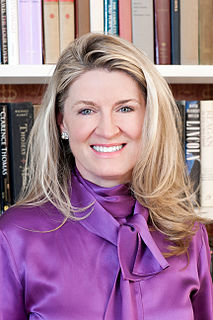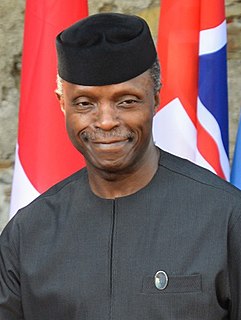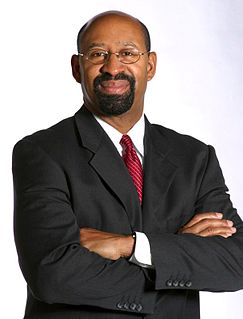A Quote by Prashant Bhushan
No public servant or legislator can claim any privacy to take money for conducting their official functions.
Related Quotes
The trouble is that privacy is at once essential to, and in tension with, both freedom and security. A cabinet minister who keeps his mistress in satin sheets at the French taxpayer's expense cannot justly object when the press exposes his misuse of public funds. Our freedom to scrutinise the conduct of public figures trumps that minister's claim to privacy. The question is: where and how do we draw the line between a genuine public interest and that which is merely what interests the public?
If the church says you are not allowed to steal, and we will ostracize you in our midst if you did, if what a man has does not measure up to what he has, if we found that a man has more money than he should have, if a man is earning a salary of a civil servant or a public servant and he has houses everywhere, we have to hold him to account.
You know, public service is serious enough on its own, and what I've found is if you take yourself take yourself too seriously in this business, you'll lose sight of what it is that you're trying to get done. So I mean I've tried to have the proper mix of being a serious public servant, but also still being a regular guy.



































